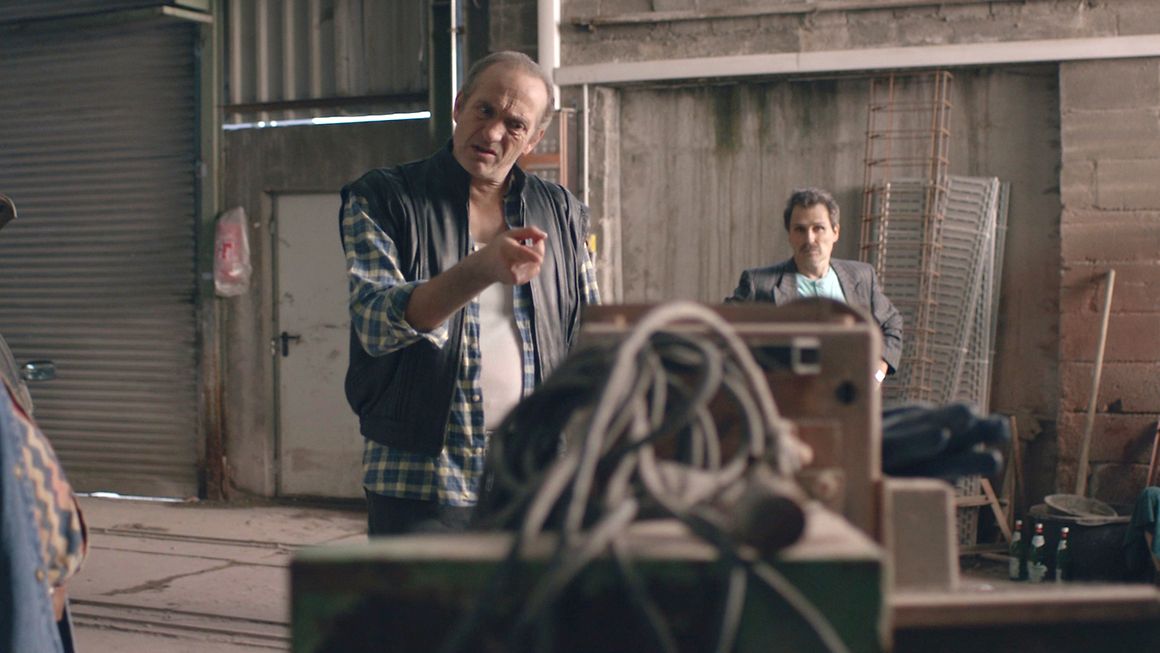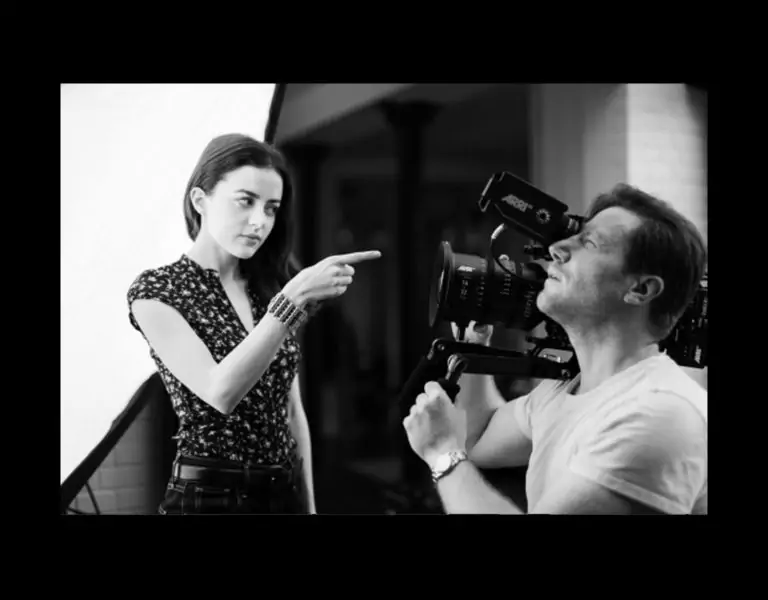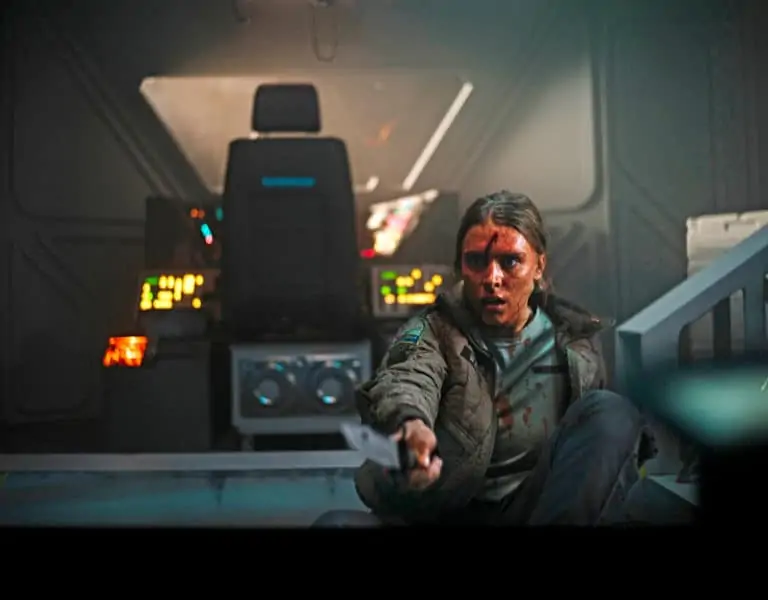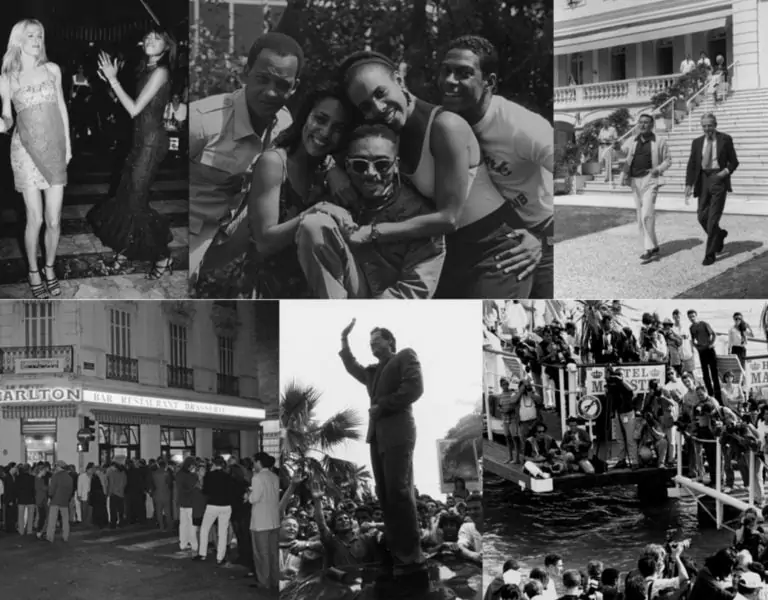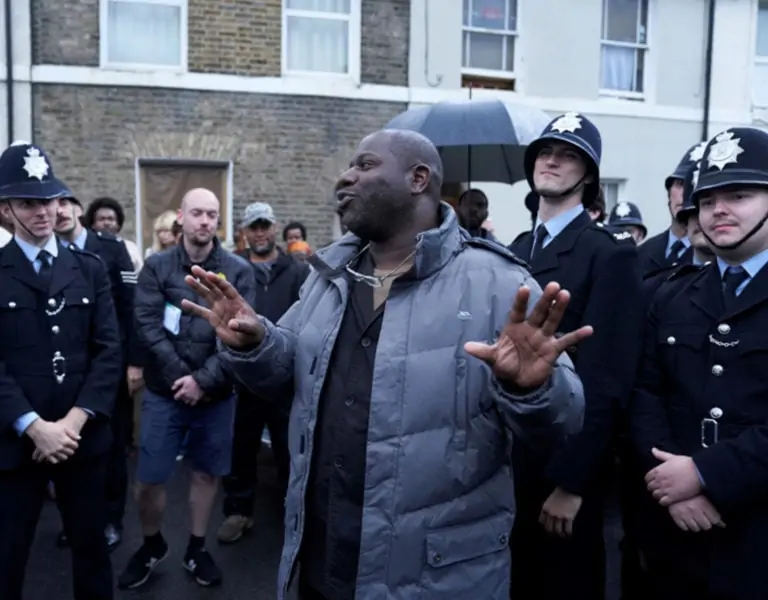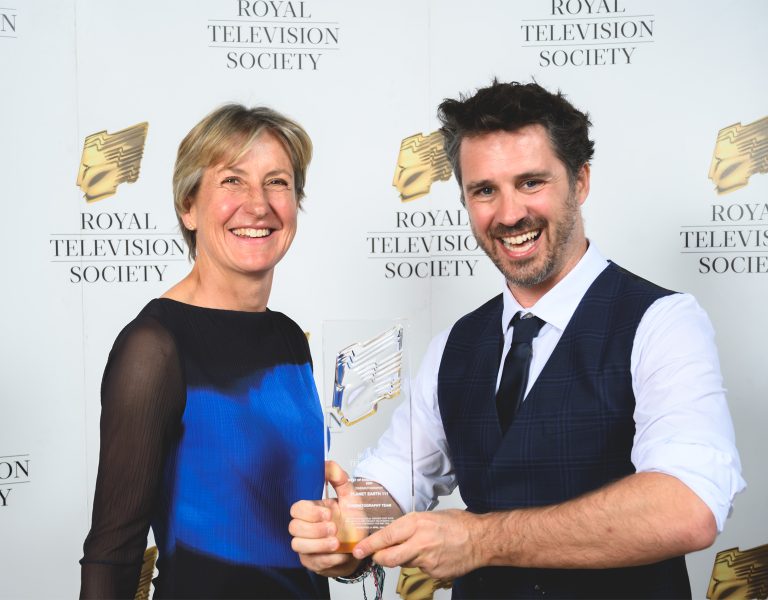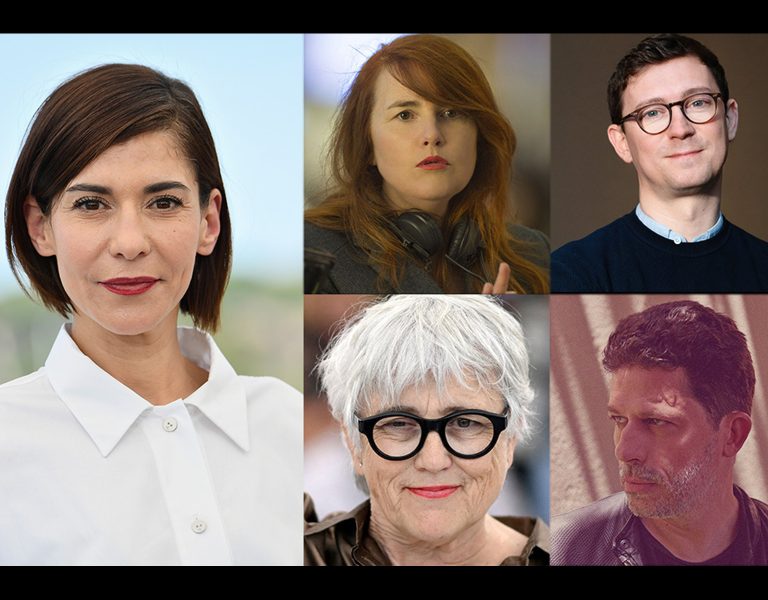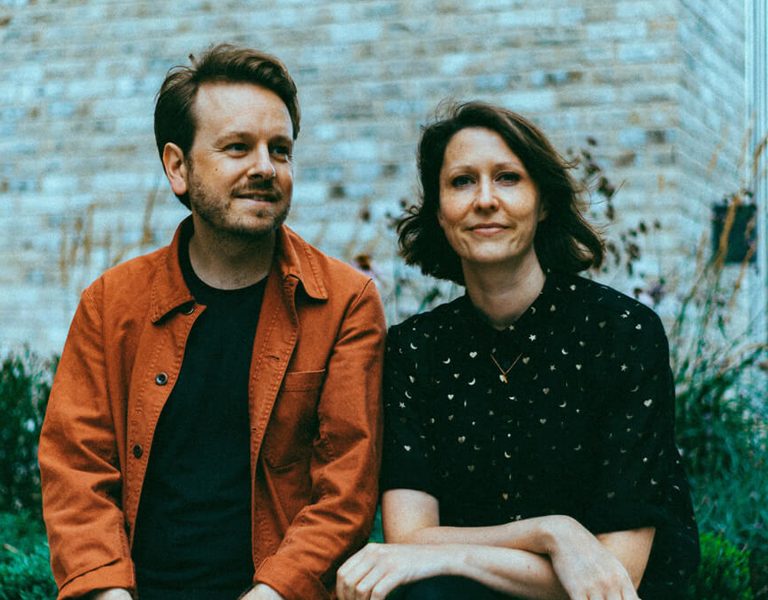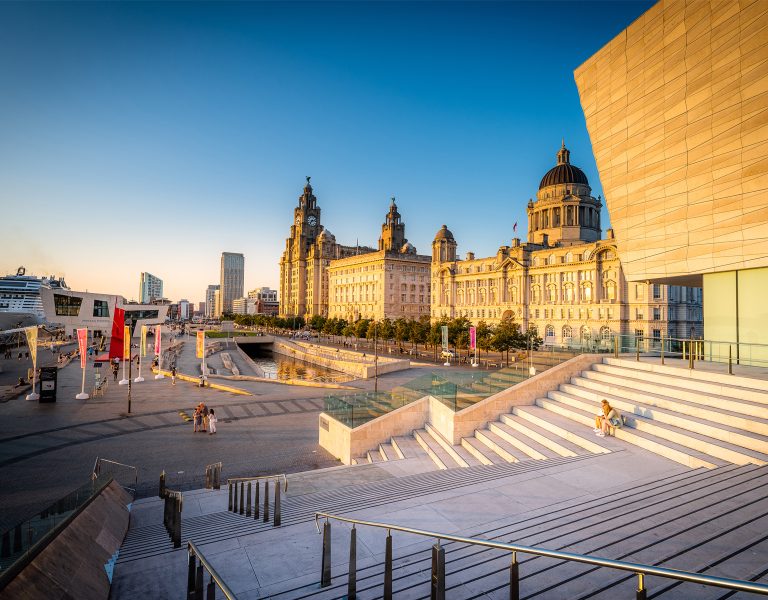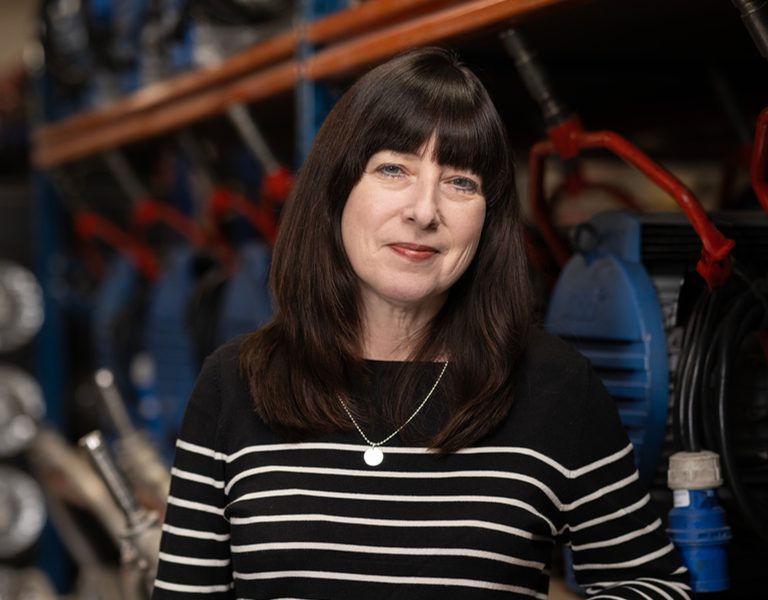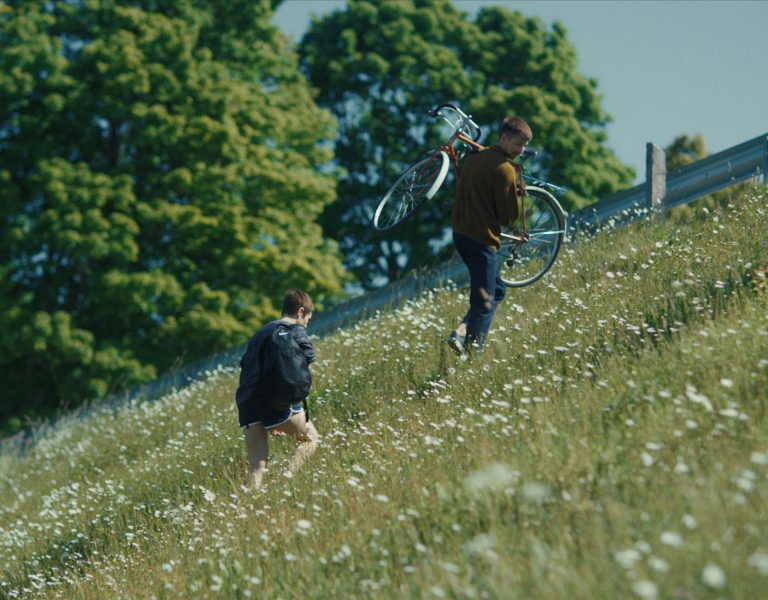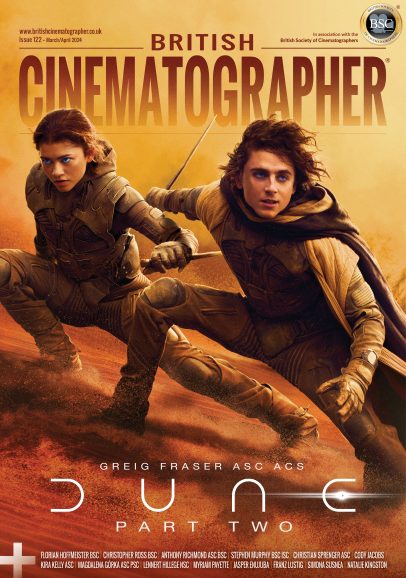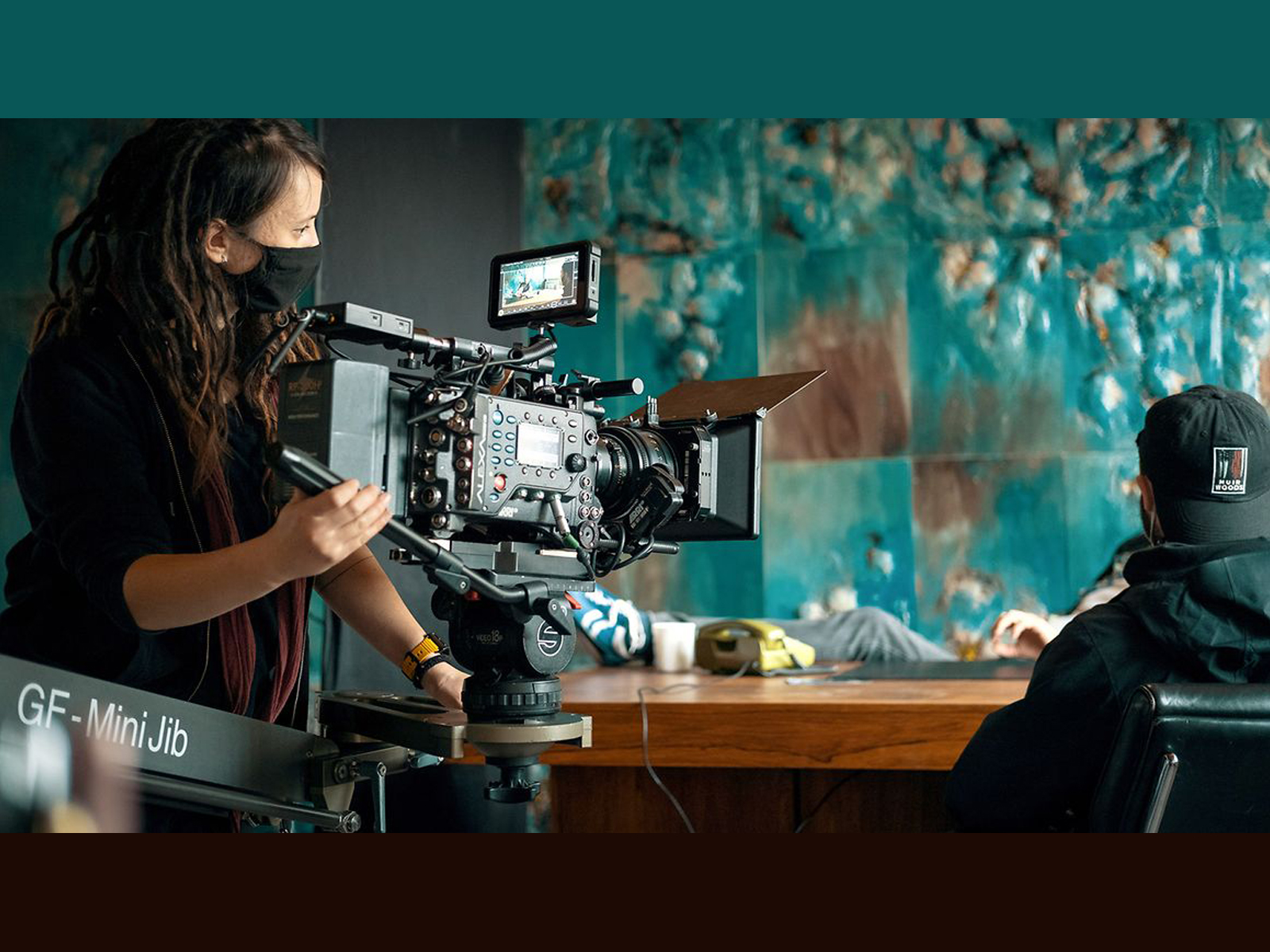
Cinematographer Ann-Katrin Pauly describes shooting producer/director Johannes Hülsemann’s short film with an ALEXA package supplied by ARRI Rental.
Germany’s Ruhr Valley, 1992. The owner of a concrete factory commissions two small-time crooks to deliver a packet of cocaine. Instead of the expected money, they return with two hostages: a young woman and her dog, Napoleon. It is this dog that gives its name to producer/director Johannes Hülsemann’s short film, which sees pandemonium unleashed. ARRI Rental Cologne provided an ALEXA Classic Plus camera and Cooke lenses to the production, which was shot by cinematographer Ann-Katrin Pauly, a graduate of the International Film School Cologne (ifs). She spoke to ARRI Rental about her work on the film.
What was it about this project that made you want to be involved?
The first thing that grabbed me was the language. These three wannabe gangsters speak with all the working-class gutter of the typical Ruhr Valley dialect, and that really brought a smile to my face when reading the script. Structurally I found the theme of dominance stimulating too — which character dominates the others, dominates the scenes, and when does that end? Also, the film plays in 1992, the year I was born. I really enjoyed researching how the world looked and felt back then.
Where did you shoot?
The story takes place largely in a concrete factory. That location had already been decided on before I joined the project, and it was a fantastic choice, with heavy machinery and old tools, all oozing patina. Of course, on such a low-budget production it would have been impossible to make a set like that ourselves, so we shot in a working factory, which put considerable restrictions on shooting times. We had to rely on the factory workers returning everything to starting positions when they finished their shift, for example the forklifts. Fortunately, they were really nice about it and curious about the film.
What look did you want to give the film?
I found the yellowy-gray concrete dust to be just right for portraying the tristesse of the Ruhr region. There’s broken-down old machinery lying everywhere and the light struggles to penetrate the dirt on the windows. The costumes show how the characters do what they can to separate their identities from this place — or to gel with it, depending on who they are. Oliver Stone’s “U-turn” was also a big inspiration.
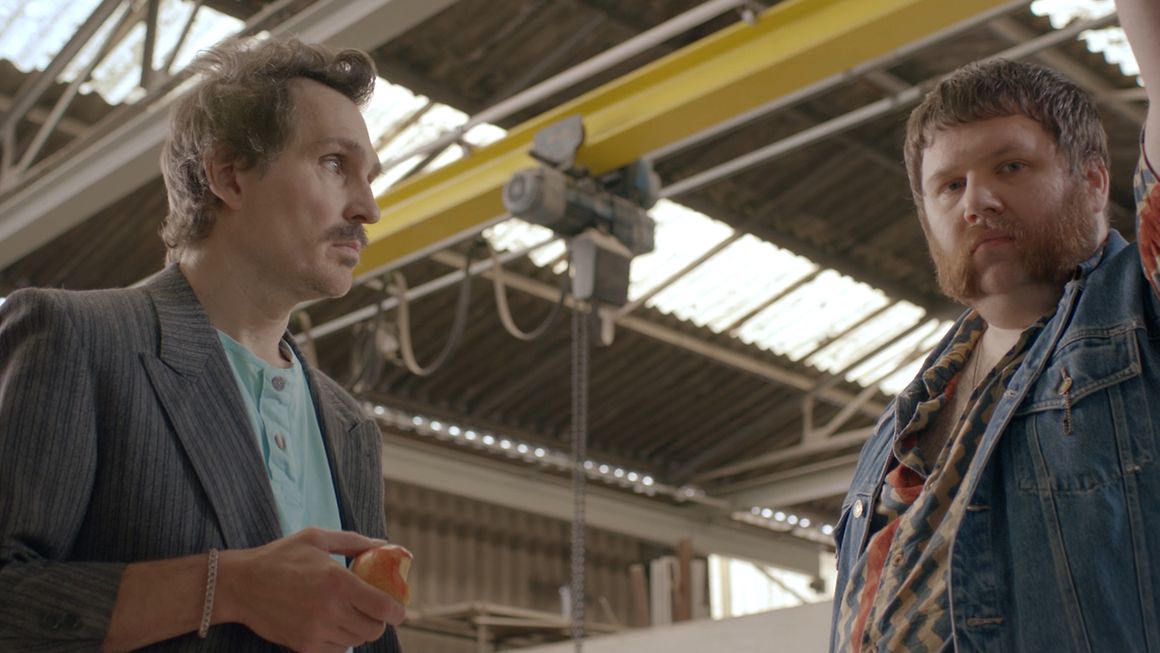
What dictated your camera and lens choices?
It didn’t take long for me to decide on the ARRI ALEXA. In particular, the way it reproduces colors meant we could find the perfect balance between filming digitally and capturing the look of 1992. The lenses supported that with a nice clean, sharp picture that didn’t look too digital and reproduced skin tones well. That was what got me on to Cooke lenses.
Initially I had hoped for the lighter ALEXA Mini, because we shot most of the scenes handheld, but unfortunately ARRI Rental Cologne didn’t have any available, so I went for the ALEXA Classic Plus instead and I ended up being really happy with it. It purrs like a kitten and sits so perfectly on your shoulder. I even found the additional weight useful for keeping the balance with different lenses. It’s a robust camera, so I was able to move freely when filming, and I could find all the important buttons without having to look, which meant I didn’t have to take it off my shoulder. And if it ever does get too heavy, there’s always the Easyrig.
What was your lighting concept?
On non-artificial scenes I like to take inspiration from the natural surroundings. In this case it was those wonderfully grimy windows, which we exploited for their character. The bigger challenge was actually recreating the light. We hung old tarps over new, clean windows, and set up big HMI units with a frame in front of the scene to ensure that the light came from a consistent direction. This enabled the actors to move freely, and we only needed a few additional frames and sheets for the detailed work on the internal shots.
Were you happy with the support you received from ARRI Rental Cologne?
We approached ARRI Rental in 2020 at a moment when everyone was suddenly starting to film at once because the coronavirus restrictions were being eased for the first time, so we couldn’t get all the equipment we had dreamed of. But ARRI Rental Cologne worked with us until we found a good solution. I had only just graduated, but I felt like they took me seriously at all times. They gave us the same great support they gave every other project, so I will definitely return to ARRI Rental Cologne in future.
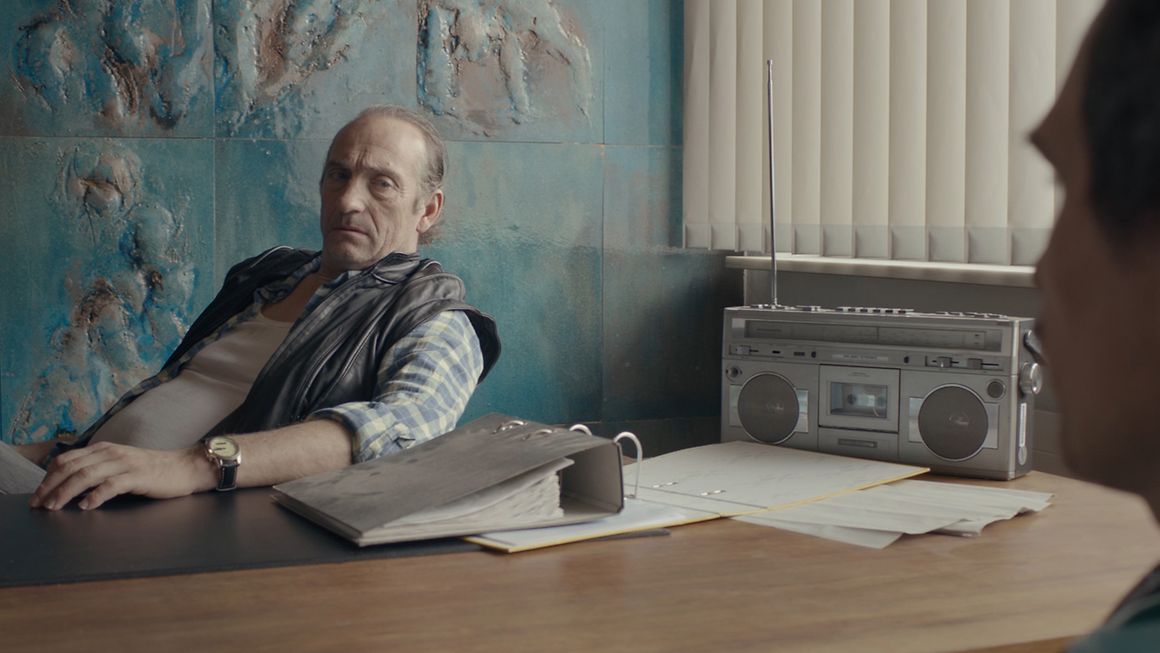
What impact did the pandemic have on your production?
There were significant challenges, of course. The costs of accommodation and catering skyrocketed. The caterer was on set from 5am to 11pm, cooking warm meals for everyone on order. By staggering the breaks, it was possible to avoid everyone eating at the same time, and the producer/director Johannes Hülsemann rented an entire Aparthotel with two buildings, so that the crew could be isolated completely from the outside world.
Two medical doctors from a local practice accompanied the whole shoot, also doing covid tests at the end of each day to be sure that nobody got infected. Fortunately, the concrete factory is a really big and well-ventilated space, with loads of room for everyone to keep socially distanced. It’s important for me that everyone gets to see a run-through of each scene before filming it, and we were able to do that without issues under those circumstances.
How “green” was the production, considering the difficult conditions?
Despite everything, we wanted to be a green production. With the aid of our green production consultant, Linda Gräve, the entire crew was provided with microfiber tube-scarfs, which the ministry of health was still authorizing at that time. They cost about 75 times as much as disposable facemasks, but they could be washed and reused. The caterer used only biodegradable plates and wooden cutlery, and we had branded thermos flasks that the crew filled with tap water, as well as individually personalized thermo coffee mugs, which the crew could take home with them as souvenirs afterwards. They were also briefed on waste sorting and environmentally friendly behavior on set. It is still possible to run a sustainable production, even in times as testing as these.
